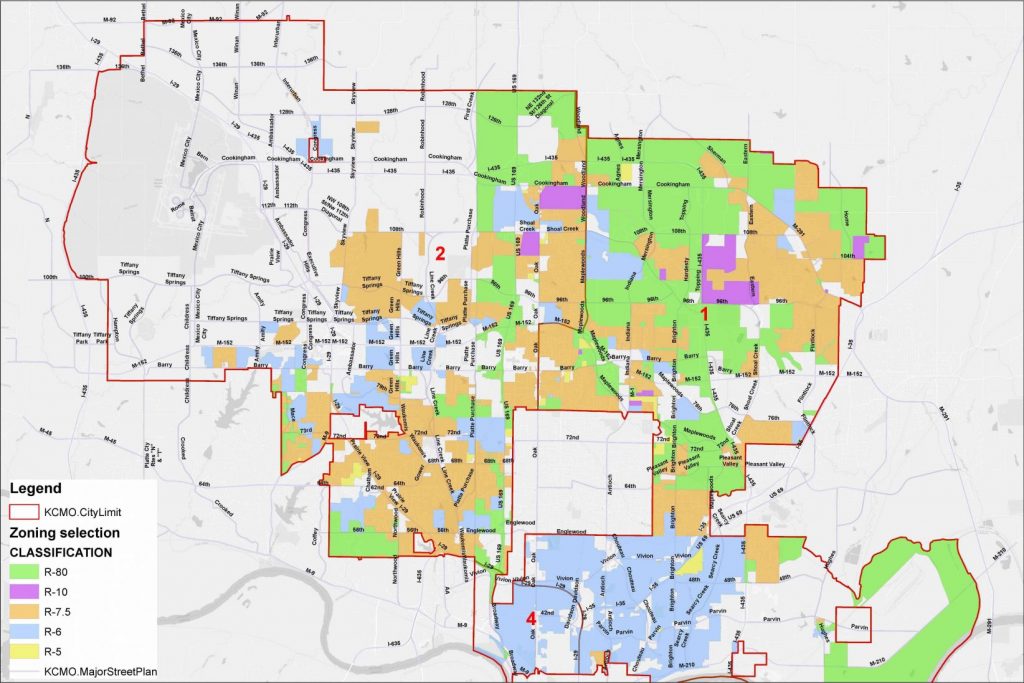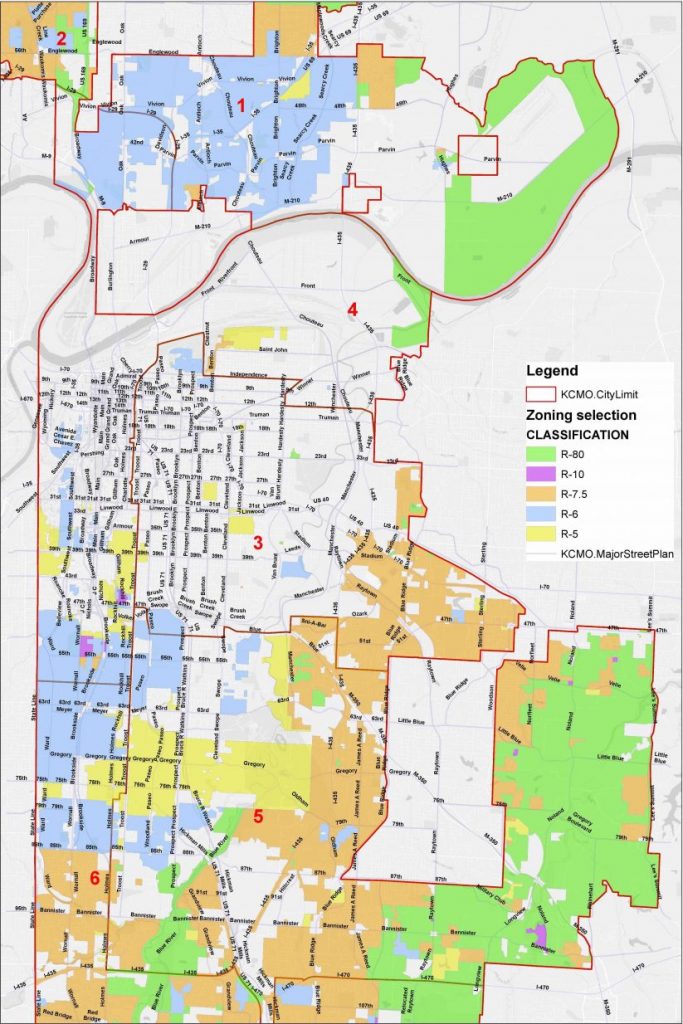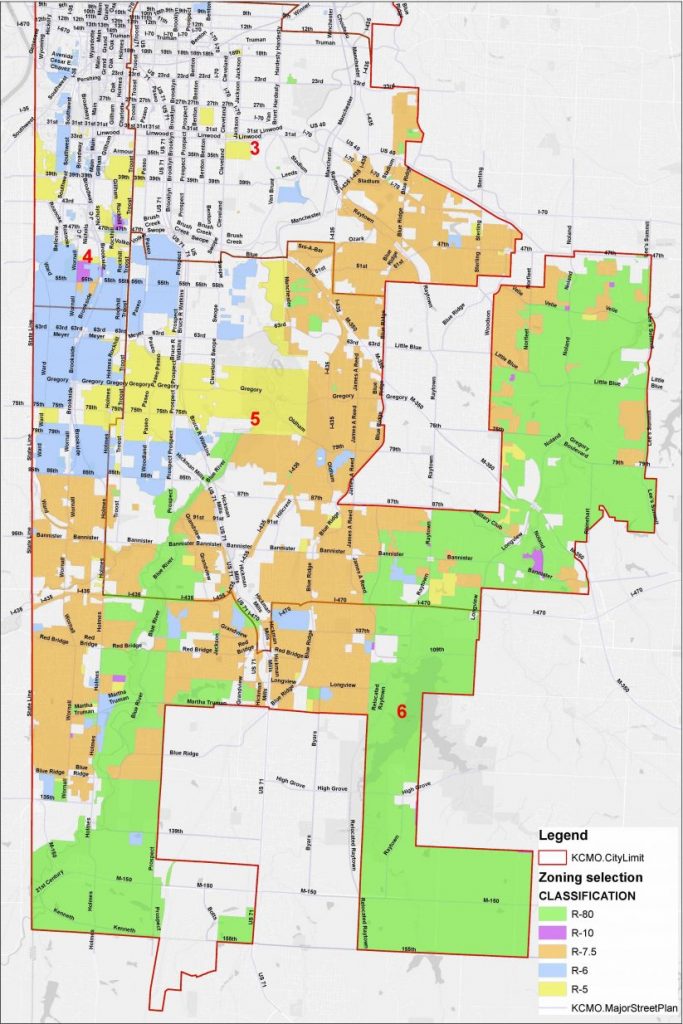Kansas City’s move Thursday to prohibit short-term rentals in large portions of the city sent a clear message to entrepreneurs with disruptive ideas and technology, Quinton Lucas said: “Not In My Backyard.”

Quinton Lucas, Kansas City councilman 3rd District
“I don’t know why a city that has so many innovators and that’s buzzing, that’s exciting — and frankly doesn’t always have the space when we have a big event like an All-Star Game or a big convention — I don’t know why we’re suggesting that we don’t want to be as open for business as we can in Kansas City,” said Lucas, councilman 3rd District at-large. “Let’s just hide back behind classic views of NIMBY-ism.”
The full Kansas City Council’s 7-4 vote Thursday paved the way for allowing short-term rentals in KCMO, which have been illegal since 2011, based on a new fee and permitting structure. Controversy, however, surrounded a provision in Ordinance No. 170771 that excludes low-density, single-family neighborhoods classified as R-7.5 and R-10 from activity by home-sharing hosts.
Selectively prohibiting services like Airbnb and HomeAway was championed by such organizations as the Southern Communities Coalition, Center Planning and Development Council, and the South Kansas City Alliance. The groups were vocal through community members who spoke on their behalf in recent months at four public hearings with the city’s Zoning, Planning, and Economic Development Committee, which crafted the ordinance.
Protecting which neighborhoods?
“One of the things that I heard loud and clear from the individuals, particularly in South Kansas City who had concerns, is that they felt there would be a floodgate of people coming and suddenly there would be Airbnbs everywhere and that it would dramatically change the character of their neighborhoods,” said Katheryn Shields, councilwoman 4th District at-large, during Thursday’s council meeting.
After a robust, 40-minute conversation Thursday, the full Kansas City Council voted 7-4 to pass a proposed ordinance that would prohibit short-term rentals in low-density, single-family neighborhood zoned as R-7.5 and R-10.
Voting yes: council members Scott Wagner, Heather Hall, Dan Fowler, Lee Barnes, Jr., Alissia Canady, Scott Taylor and Kevin McManus. Voting no: council members Quinton Lucas, Jermaine Reed and Katheryn Shields, as well as Mayor Sly James. Not voting: council members Teresa Loar and Jolie Justus.
Shields and Lucas both served on the zoning committee and were among those voting against the ordinance Thursday. Jermaine Reed, councilman 3rd District, and Mayor Sly James also voted no.
Support for the ordinance was led by Scott Taylor, councilman 6th District at-large and chair of the zoning board. The idea, he said Thursday, was to craft regulations that would allow short-term rentals in areas where there were no objections, while excluding R-7.5 and R-10 at least initially to give the city more time to study the impact of home-sharing.
Neither Taylor nor his fellow 6th District Councilman Kevin McManus responded to Startland’s requests for comments about the short-term rental ordinance.
“I have seen recently other cities maybe started with a very liberal interpretation, making it available everywhere, and individuals then buy houses and don’t actually live in them, but use them as rental properties,” Taylor said Thursday. “We tried to come up with a compromise that everybody could live with, but weren’t perfectly happy with.”
Talk of the city revisiting short-term rentals later was merely a distraction, Lucas said. Neighborhood groups likely would return again with the same unfounded concerns to protest any changes to the exclusionary rules, he said.
“Frankly, there were not numerous examples in Kansas City of house parties or prostitution or of all these other issues — certainly not any more than we get from our hotel and motel industry,” he said. “I think what we’re seeing is that, in many ways, being fearful of things kind of won out, and I don’t think that’s the best look for Kansas City. I regret that that’s what my colleagues chose to do.”
“I also think it’s interesting that those of us largely from the 3rd and 4th districts, the urban core districts, were the ones who elected to try a more common sense regulation on Airbnb, and it was too bad we weren’t successful because certainly in the urban core we see a lot of short-term rentals,” Lucas added.
Community conversation
Many home-sharing operations are misunderstood by their critics, said Dana Meier, a host who has rented more than 350 reservations in the 4th District.
“They don’t understand the effects of one-on-one promotion of the city to people (guests) who mostly don’t know a lot about KC,” he said, noting he and his wife play host in their own home and have only had a couple of problem visitors. “We clue them in on what to do, where to do, where not to go, how to get there.”
Meier also was among those who spoke to the zoning committee to express his concerns about making it more difficult and expensive to operate a short-term rental, he said. And he questioned why short-term and long-term rentals were to be regulated differently, he said.
The committee’s lengthy public hearings often included testimony from many of the same speakers and groups, council members lamented Thursday. One prominent and influential voice was that of John Sharp, a representative of the South Kansas City Alliance and a former 6th District Councilman.
Sharp successfully argued the city would be naive to think home-sharing wouldn’t prove itself to be a blight on affected neighborhoods, joining the chorus who said the services would disrupt the peace of single-family residential zones. Neither Sharp nor Stacey Johnson-Cosby, president of the South Kansas City Alliance responded to Startland’s request for comments about the short-term rental ordinance.
“There were hours and hours of meetings. There was a lot of work that was done, but at the same time, I’m not sure it was actually all productive. Just because you spend a lot of time, it doesn’t mean that you’re getting the right product,” Lucas said. “I have an issue, for example, with the fact that we didn’t have meetings in every different council district. Did we actually try to engage different groups? Did we engage a diverse cross-section of groups. Did we have African Americans represented in the conversation in any sizable numbers? Did we actually try?”
Without a wider pool of constituents included in the conversation, the committee could’ve overlooked key concerns to residents, he said. One such worry would be the stipulation that short-term rentals could be allowed in certain areas with the consent of neighbors — but without any limits on the reasons for denial, Lucas said.
“It could be because you’re black, which I am. It could be because you’re gay, I’m not, but it could be anything — it could just be simply for anti-competitive reasons, ‘Hey! We don’t want you around here.’ I’m distressed by that,” he said, noting in such situations it often is the patrons, not the businesses, neighbors are denying. “When you have no real metric for when something can or can’t come in, it starts to become arbitrary and allows discrimination. We stand up every week and almost all my colleagues say, ‘We’re progressive bunch. We care about this, that, or the other.’ We recognized the passage of the 14th Amendment [Thursday], which talks about equal protection and my concern is that we certainly didn’t do anything with this ordinance that actually protects folks who may think that they’ve been wronged in that sort of process.”
Ultimately, Lucas tried to find a compromise despite his misgivings about certain parts of the ordinance, he said, in hopes of passing regulations that would be seen as reasonable by the State of Missouri, as well as inviting to the entrepreneurs the city says it wants to call Kansas City home.
“The argument I was representing, based on people I talked to, was: OK. Fine. Require the consents. Require the special use permits for hundreds and hundreds of dollars,” he said. “But let’s just try to say that in Kansas City we’re going to be permissive. We’re going to work with innovation and avoid saying, ‘You’re not welcome here as a new platform.’”
“You can’t just say, ‘Hey, we welcome you — We just don’t want you anywhere near us.’”
Here are residential district maps of north, central and south Kansas City. Orange and purple areas represent R-7.5 and R-10, respectively.









































